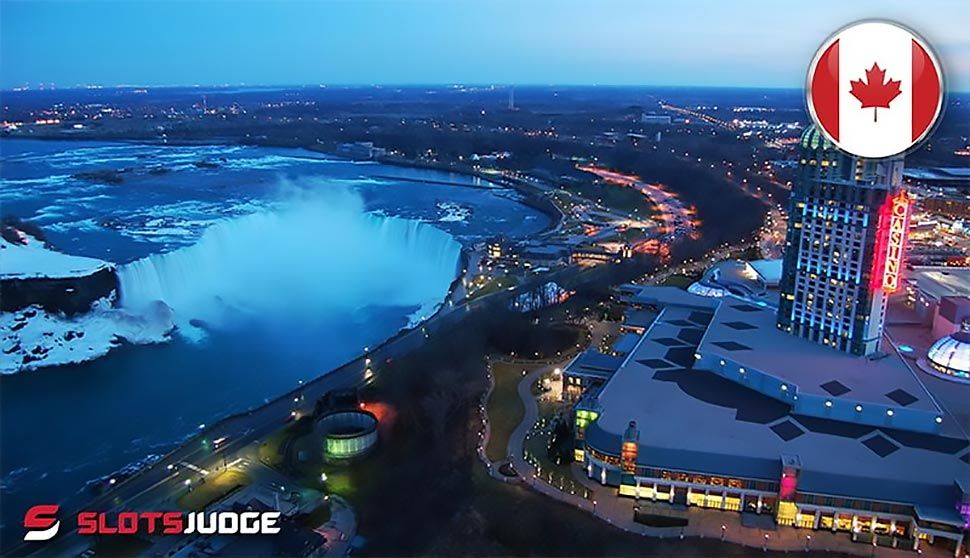The Kahnawake Gaming Commission: Security in Online Gaming
Kahnawake is a Mohawk territory found in Quebec, Canada. It is a place rich in Indian heritage and culture. It also covers about 48.05 square kilometers. Kahnawake is one of the many territories that form part of the wealthy Mohawk nation. Interestingly, once the world of gambling went online, Kahnawake was among the pioneer regions to recognize the productive potential of the gaming sector.
Eventually, it represented the earliest gaming locations in the world. Today, it’s the home of the famous Kahnawake Gaming Commission! So, what does it do? It offers gaming permits to online poker rooms, casinos, sports books, and other online gaming houses. Of course, the commission follows some strict rules and principles that the applicant needs to keep in mind!

The Kahnawake Gaming Commission
The gaming authority was established on 10th June 1996. The commission was created after the Mohawk Council of the region passed what was then known as the Kahnawake Gaming Law. In July 1999, the gaming authority put in place its various regulations concerning online gaming. Since then, the Kahnawake Gambling Commission has slowly handled matters dealing with online gaming regulations and licensing across the world.
The gaming authority is simply a regulatory body that offers online gaming permits to companies that want to provide their customers with online sports betting opportunities. Despite this, the gaming commission gave licenses to three offline poker rooms located in Kahnawake.
The Kahnawake online gaming authority contains three members, with each one working for two years. The Kahnawake Mohawk Council picks the members. Keep in mind that this is the body that controls the activities of the commission!
P.O. Box 1799, Old Malone Highway,
Kahnawake Mohawk Territory,
Quebec, J0L 1B0, Canada
Fax: +1 450 635 1139
Website: http://www.gamingcommission.ca/
Benefits of Kahnawake Online Gambling License
- It gives applicants the ability to operate in any country by using the right legal ground
- It ensures the protection of the business as it is run and controlled by regulatory bodies in the country
- It creates a good business reputation among the key players and partners!
- There is great potential for further online gaming development
Types of Licenses Offered by The Kahnawake Online Gaming Commission
The gaming authority of Kahnawake issues four types of online gambling permits. They are provided as per the principles of interactive gaming laid down by the regulatory body in July 1999. However, the laws have regularly gone through various amendments with the last one being on 2nd June 2010.
The Four Different Online Gaming Licenses Include:
- Interactive Gaming License (IGC): This gambling license allows companies to register for one hosting. If applicants need more of these services, they should apply for more interactive gaming licenses.
- Client Provider Authorization (CPA): This permit allows candidates to operate within the proper reservations and to run all online slots. The document costs close to 25 Canadian Dollars!
- Key Person License (KPL): This license is usually issued to applicants dealing with essential management functions involving CPA casino license operators. It only costs 5 Canadian dollars!
- Inter-Jurisdictional Authorization (IJA): The license is issued to online gaming operators who have permits from other jurisdictions but still wish to operate within Kahnawake.
License Application Requirements
A company wanting to apply for an online gaming license with the commission must first pay a start-up fee of 25,000 dollars in case of a Client Provider Authorization permit. Also, it should also pay 5,000 dollars for every Key Person License. The two types of fees are refundable, where the gaming authority turns down an application.
Also, the Kahnawake Gaming Commission also provides the Poker Room License (PRL). Although it’s not an online gaming permit, it's meant for those poker rooms located in the Mohawk region. The body follows the amended gaming regulations of 21st April 2010.
